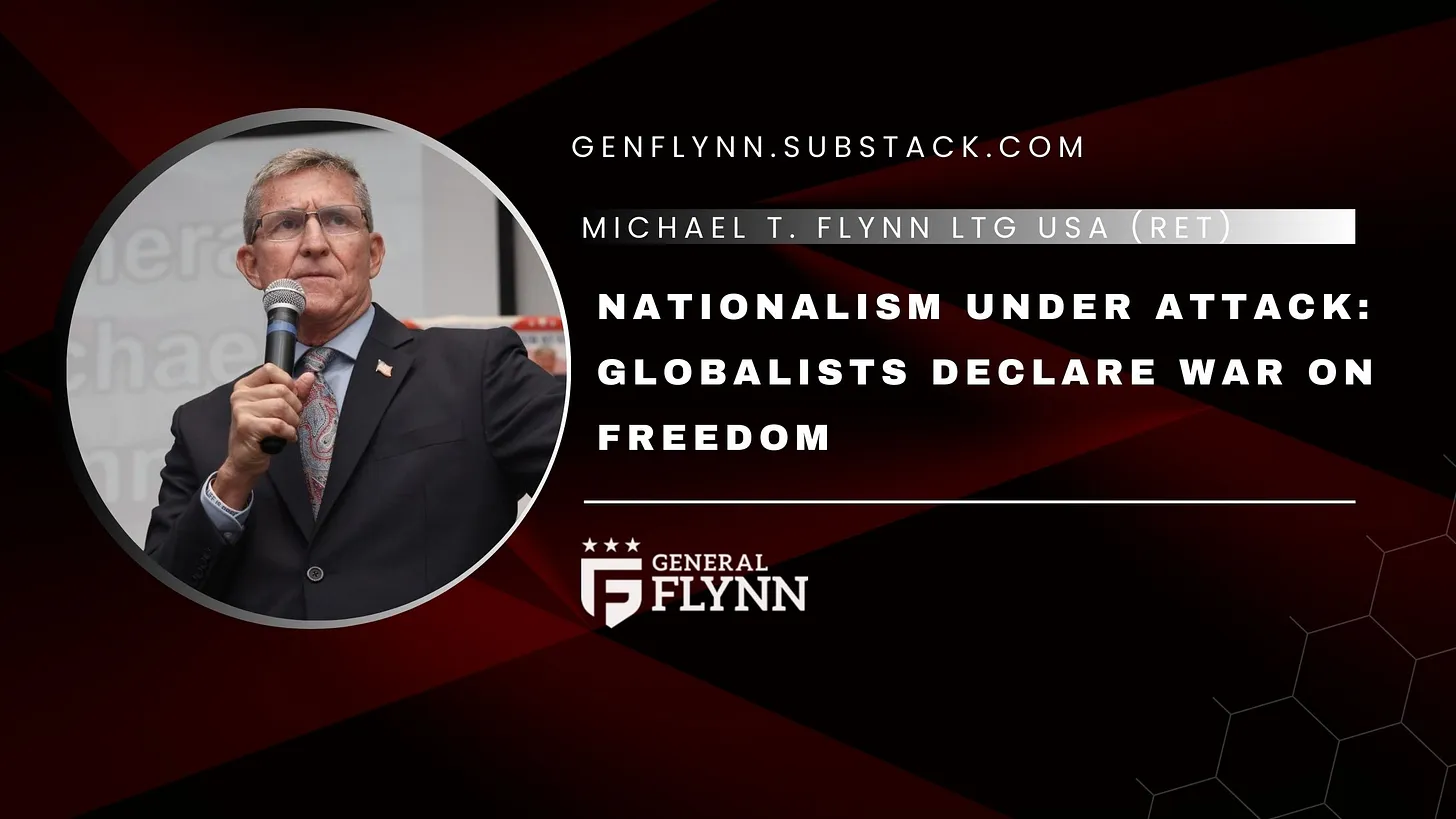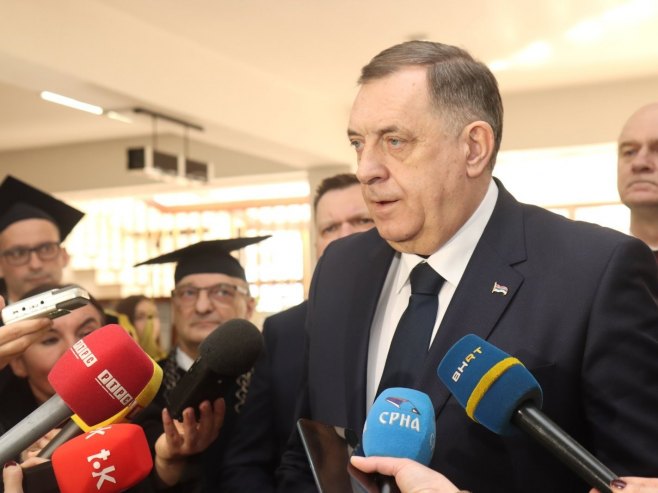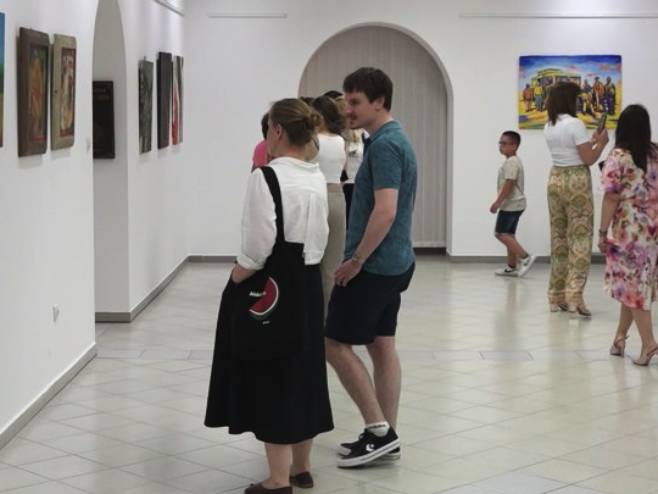Michael T. Flynn LTG USA (RET)
Nationalism Under Attack: Globalists Declare War on Freedom
The world is embroiled in a profound struggle that extends beyond battlefields to encompass narratives, sanctions, legal warfare, and political ostracism. At its heart lies a clash between two competing ideologies: globalism, which seeks a borderless world unified under a centralized ideological framework, and nationalism, which champions the sovereignty, cultural identity, and self-determination of individual nation-states.
With over three decades of experience in the military, I’ve witnessed conflicts across many domains, but none as critical as the globalist campaign targeting populist nationalist leaders. From Hungary’s Viktor Orbán to Republika Srpska’s Milorad Dodik, these steadfast champions of national sovereignty face a calculated onslaught aimed at eroding their leadership and the values they defend. This is a battle to safeguard a nation’s right to self-determination, preserve its unique traditions, and uphold its people’s will against encroaching centralized authority.
Globalism promotes a borderless world where standardized economies and supranational entities like the United Nations and multinational corporations dominate nations. Its advocates claim it drives cooperation and prosperity but is a pathway to a One World Order. In this dystopian system, a global elite consolidates power, systematically dismantling national sovereignty, local traditions, and the will of the people, prioritizing centralized control over individual cultures and self-determination.
Nationalism emphasizes the nation-state as a fundamental pillar of governance, prioritizing the sovereignty and self-determination of its people. It values the unique cultural identities, traditions, and aspirations of individual nations, fostering a sense of unity and pride. By empowering citizens to shape their own destinies, nationalism seeks to preserve local values and independence, promoting a world where diverse societies coexist while maintaining their distinct character and autonomy.
This ideological clash has sparked a globalist backlash against nationalist leaders. These leaders face lawfare, transnational pressure campaigns, and even assassination attempts. This sends a powerful message: challenge the globalist agenda, and you risk total annihilation or even death!
Milorad Dodik, President of Republika Srpska, one of the two equal entities composing the state of Bosnia and Herzegovina, embodies the nationalist resistance to globalism. Formed under the 1995 Dayton Peace Agreement, Republika Srpska is a unique product of the region’s complex history. Dodik, a self-described populist nationalist, has fiercely defended his people’s cultural identity, religious traditions, and political autonomy against international bureaucrats who retained influence over Bosnia decades after the war.
Dodik’s support for the people of his nation has caused him to become the Globalists’ newest target. His public support for Donald Trump before the 2024 U.S. election provoked a swift response from the Biden administration. On November 6, 2024, Washington imposed sanctions on Dodik, later extending them to his children in a move widely seen as punitive and personal.
The conflict intensified on January 9, 2025, when Dodik and Republika Srpska officials celebrated St. Stephen’s Day, a Christian holiday coinciding with the banned Republika Srpska Day. Western-backed authorities and media branded the event as provocative, ignoring its religious significance. The Biden administration used this to justify further sanctions, effectively punishing a nation for celebrating its faith.
In February 2025, a Sarajevo court convicted Dodik of “undermining the constitutional order” for defying the ban on Republika Srpska Day, sending him to one year in prison and a six-year political ban. Dodik denounced the charges as politically motivated, gaining support from global leaders like Hungary’s President Viktor Orbán and Serbia’s Aleksandar Vučić, who saw the trial as foreign interference in Balkan affairs.
On August 6, 2025, Bosnia’s Central Election Commission removed Dodik from office, deepening regional instability. However, on August 12, 2025, the court commuted his prison sentence to a €18,660 fine, though the political ban remains. Dodik, undeterred, rejects the rulings, seeking support from allies like Russia and the Trump administration and planning a referendum on his status.
Dodik’s ordeal mirrors the treatment of other global leaders. Trump, Orbán, Bolsonaro, and Milei have all faced similar tactics: legal battles, coordinated media attacks, and international sanctions. Far from being about free trade or cooperation, the globalist agenda seeks to consolidate power by eroding national sovereignty and cultural identity. It demands conformity, punishing those who prioritize their people’s interests over a centralized global order. The Globalist agenda often targets faith, particularly Christianity, which provides a moral framework that challenges globalist absolutism.
In Republika Srpska, the politicization of a Christian holiday like St. Stephen’s Day reflects a broader pattern across Europe, where churches are vandalized, Christian traditions downplayed, and public figures punished for their faith. Meanwhile, globalism often shields radicalized elements under the banner of diversity, revealing a selective tolerance that undermines the cultural foundations of nation-states.
The campaign against nationalist leaders like Milorad Dodik, President of Republika Srpska, extends beyond the Balkans, signaling a broader global challenge. Western critics often cast Dodik as a destabilizing figure, a critique rooted in his staunch defense of his people’s sovereignty. This narrative mirrors the scrutiny faced by leaders like President Trump and Hungary’s Viktor Orbán, who are similarly portrayed by globalist elites as threats to international “stability.
This escalating assault on nationalism threatens more than political careers; it risks silencing the people’s voice. By isolating leaders who defend sovereignty, globalists sow division and stoke geopolitical tensions, preferring chaos over constructive dialogue. Part of this global imbalance stems from ignoring Islam’s role and influence in shaping societies, leaving nations unprepared to address both internal and external challenges. Leaders like Dodik could be allies in building stability through respect for national autonomy, yet they are cast aside as pariahs.
The globalist playbook thrives on fracturing societies and labeling nationalists as extremists. The countermeasure lies in fostering solidarity among leaders and citizens who champion self-determination.
With President Trump’s return to power, an opportunity emerges to forge alliances with figures like Dodik, creating a coalition that transcends borders while upholding sovereignty. This approach envisions a world where national identity and global peace are mutually reinforcing.
If we allow globalists to dismantle nationalist leaders, we risk losing the nation-state itself.
Source: Michael T. Flynn LTG USA (RET)









